行業資訊
沒有充分考慮施工設備機械結構和工作參數對再生效果的影響。目前,大多數就地冷再生設備的再生鼓為聯組三角帶定速比皮帶傳動方式,其銑刨刀具的切削線速度為定值。個別小功率再生設備雖然采用變量液壓系統驅動,具有再生鼓轉速連續可調功能,但與大中型就地冷再生設備一樣,都沒有真正實現再生鼓工作轉速(對應銑刨刀具線速度)與設備行走速度、再生深度的自動匹配。這使得在不同再生深度工況下,設備的行走速度不同,再生鼓對舊瀝青路面的切削量也會隨之發生變化,從而使再生混合料的粒徑和級配處于一種連續的波動變化狀態。如果施工過程中沒有對各相關參數及時進行控制和調整,在某一工況的某一時段就可能由于工作參數的不匹配,使得再生料粒徑規格超出級配設計范圍,形成不合格混合料,終影響養護或維修工程的再生質量。
Not fully considering the impact of mechanical structure and working parameters of construction equipment on the regeneration effect. At present, the regeneration drum of most on-site cold regeneration equipment at home and abroad adopts a combined triangular belt fixed speed ratio belt transmission method, and the cutting line speed of its milling and planing tools is a fixed value. Although some low-power regeneration equipment is driven by a variable hydraulic system and has the function of continuously adjustable regeneration drum speed, like large and medium-sized on-site cold regeneration equipment, they have not truly achieved automatic matching between the working speed of the regeneration drum (corresponding to the linear speed of the milling cutter) and the walking speed and regeneration depth of the equipment. This results in different walking speeds of the equipment under different regeneration depth conditions, and the cutting amount of the regeneration drum on the old asphalt pavement will also change accordingly, thereby keeping the particle size and gradation of the recycled mixture in a continuous fluctuation state. If the relevant parameters are not controlled and adjusted in a timely manner during the construction process, at a certain period of time in a certain working condition, due to the mismatch of working parameters, the particle size specifications of recycled materials may exceed the grading design range, forming unqualified mixtures, ultimately affecting the quality of recycling in maintenance or repair work.
沒有充分考慮工作裝置機械結構特性對再生料的拌和均勻性和級配影響。作為銑拌類養護設備中的兩款核心機型,瀝青路面就地冷再生機和冷銑刨機在技術發展和設備應用方面同根同源,有著相同的技術基礎,但卻有著不同的發展方向。就地冷再生機的再生工作裝置是再生鼓,冷銑刨機的銑刨工作裝置是銑刨鼓,二者都是通過轉子轉動,帶動其上面分布的切削刀具對路面進行銑削。但是,就地冷再生考慮更多的是,再生鼓上刀具排布對再生瀝青混合料粒徑的控制,并保證再生料的充分拌和,還要考慮二次破碎時滾筒外緣與刀具之間所形成空間的合理性,以保證再生料的均勻性和級配。
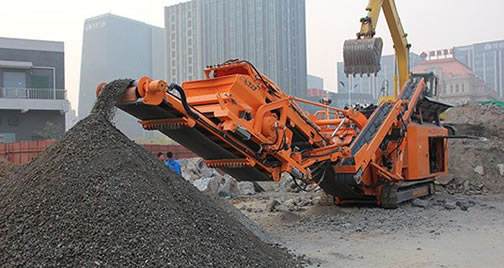
Insufficient consideration was given to the influence of the mechanical structure characteristics of the working device on the mixing uniformity and gradation of recycled materials. As the two core models of milling and mixing maintenance equipment, the asphalt pavement on-site cold regeneration machine and the cold milling and planing machine share the same technical foundation and equipment application, but have different development directions. The regeneration working device of the on-site cold regeneration machine is the regeneration drum, and the milling working device of the cold milling machine is the milling drum. Both are driven by the rotation of the rotor to drive the cutting tools distributed on it to mill the road surface. However, on-site cold regeneration focuses more on controlling the particle size of the recycled asphalt mixture through the arrangement of cutting tools on the regeneration drum, ensuring sufficient mixing of the recycled material, and also considering the rationality of the space formed between the outer edge of the drum and the cutting tools during secondary crushing to ensure the uniformity and grading of the recycled material.
沒有充分考慮銑刨切削作業及公路自身特性對再生料的拌和均勻性與級配的影響。就地冷再生機在進行瀝青層就地再生或穩定層就地再生的施工過程中,由于刀具對原有舊混合料的銑刨破碎作業,部分混合料的骨料粒徑破碎變小,同時又有部分再生混合料(包括瀝青混凝土混合料)經破碎后粒徑滿足要求,充當了再生料骨料的角色,再生銑刨物料的級配發生了較大變化;另外,路面前期維修養護時,不同施工期、不同工藝要求修筑的路基或路面(包括瀝青路面)性能存在較大的差異,尤其是使用時間較長、病害類型較多或發生多次損壞的公路,在再生過程中,不同的養護作業和施工工藝使得后期路面的各種參數相比原設計參數生產了不同程度的偏離。這些影響再生效果的因素都不可能在就地冷再生施工方案設計中予以充分考慮,并且不會在后期施工過程中全部排除,因而會使再生料的均勻性和級配的性能恢復效果大打折扣。
Insufficient consideration was given to the impact of milling and cutting operations, as well as the characteristics of the road itself, on the mixing uniformity and gradation of recycled materials. During the construction process of on-site asphalt layer regeneration or stable layer on-site regeneration, the on-site cold regeneration machine, due to the milling and crushing operation of the cutting tool on the original old mixture, reduces the particle size of some mixtures, and at the same time, some recycled mixtures (including asphalt concrete mixtures) meet the requirements after crushing, playing the role of recycled aggregates. The grading of the recycled milling materials has undergone significant changes; In addition, during the early maintenance and upkeep of the pavement, there are significant differences in the performance of the roadbed or pavement (including asphalt pavement) constructed during different construction periods and process requirements, especially for highways with long service life, multiple types of diseases, or multiple damages. During the regeneration process, different maintenance operations and construction techniques result in varying degrees of deviation of various parameters of the later pavement compared to the original design parameters. These factors that affect the regeneration effect cannot be fully considered in the design of the on-site cold regeneration construction plan, and will not be completely eliminated in the later construction process, which will greatly reduce the uniformity of the recycled material and the performance recovery effect of the gradation.
現有就地冷再生技術沒有充分考慮恢復和利用舊瀝青材料中瀝青的性能,影響就地冷再生技術在高速公路及高等級瀝青公路養護領域的推廣應用。目前的就地冷再生通過將瀝青層(全部或部分)材料、基層材料再生料混合作為滿足所需承載力的基層材料使用,降低了再生料的使用等級。這些材料雖然具有一定的強度、剛度和水穩性,但由于是將再生料中的舊瀝青與舊混合料一起作為骨料使用,沒有充分考慮再生混合料中舊瀝青的性能恢復,只能在縣、鄉村道路翻修或國、省道的基層修筑中使用,不能在高等級公路的瀝青面層全面推廣應用。
The existing on-site cold recycling technology has not fully considered the recovery and utilization of the performance of asphalt in old asphalt materials, which affects the promotion and application of on-site cold recycling technology in the maintenance field of highways and high-grade asphalt highways. At present, on-site cold recycling reduces the grade of recycled materials by mixing asphalt layer (all or part) materials and recycled base materials as base materials to meet the required bearing capacity. Although these materials have certain strength, stiffness, and water stability, due to the use of old asphalt in recycled materials together with old mixtures as aggregates, the performance recovery of old asphalt in recycled mixtures has not been fully considered. They can only be used in the renovation of county and rural roads or the construction of national and provincial road bases, and cannot be fully promoted and applied in the asphalt surface layer of high-grade highways.


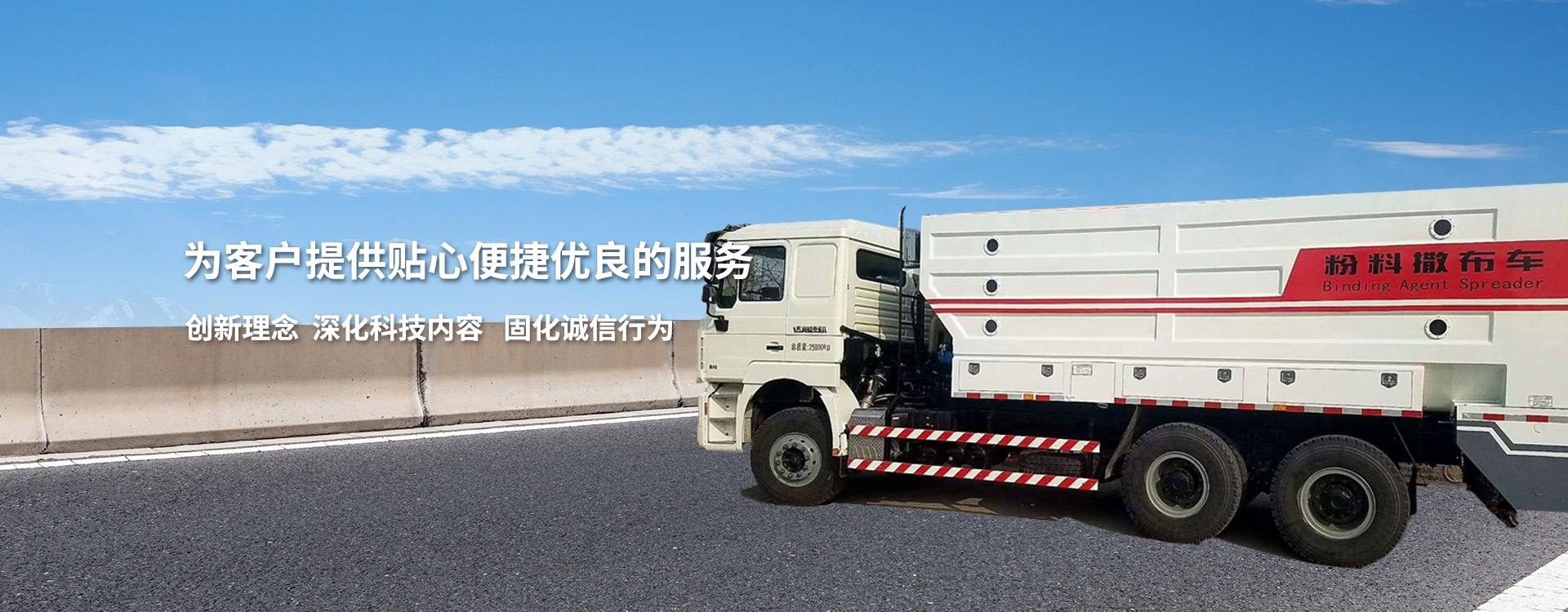
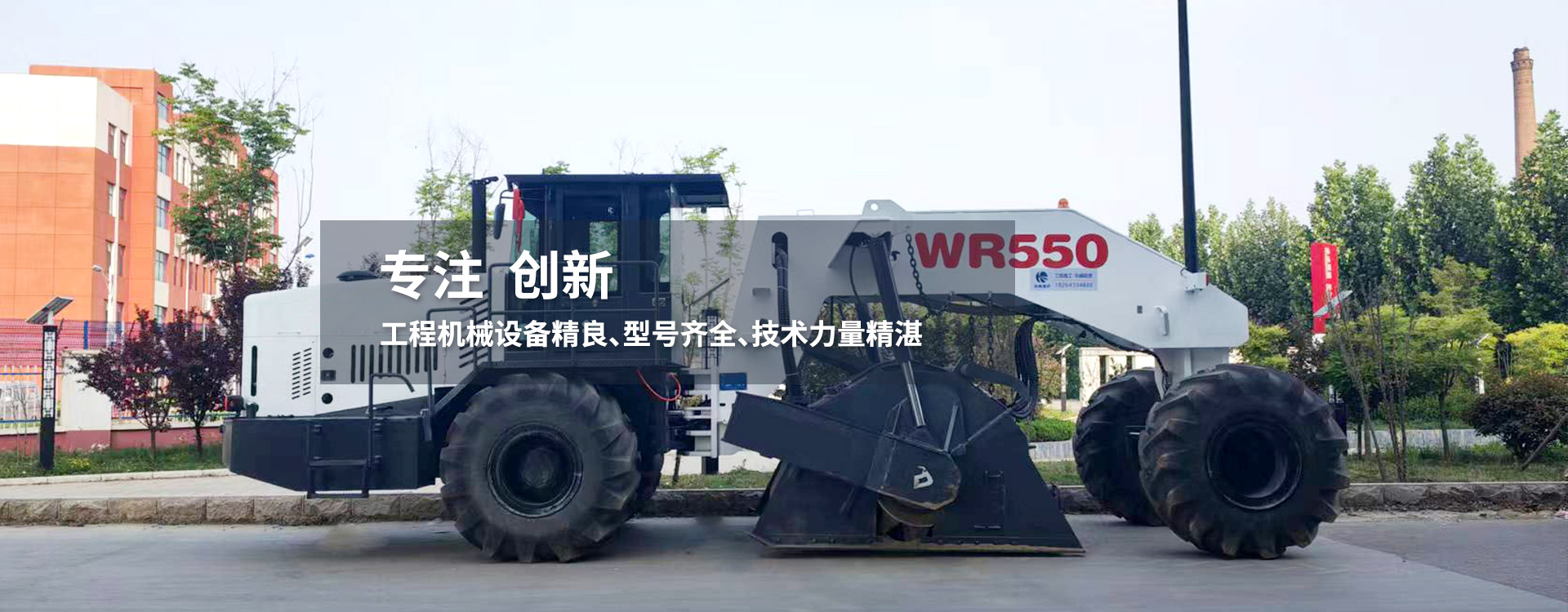
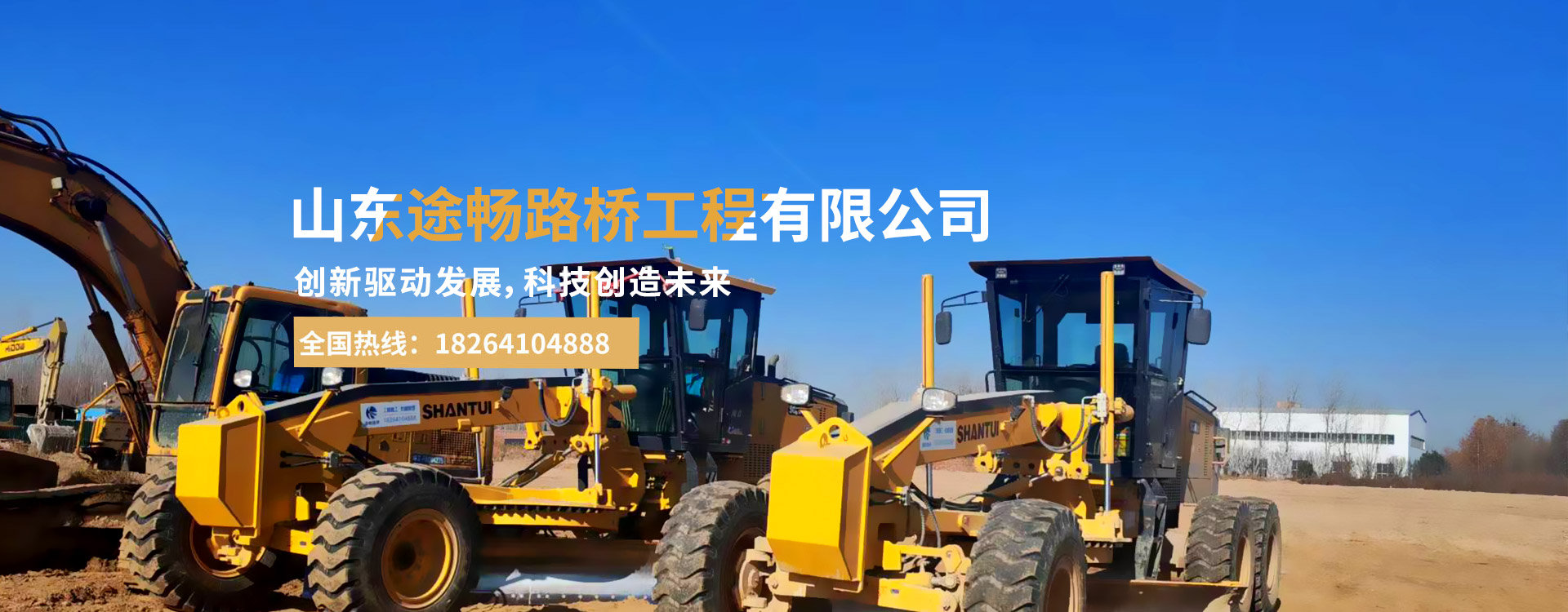
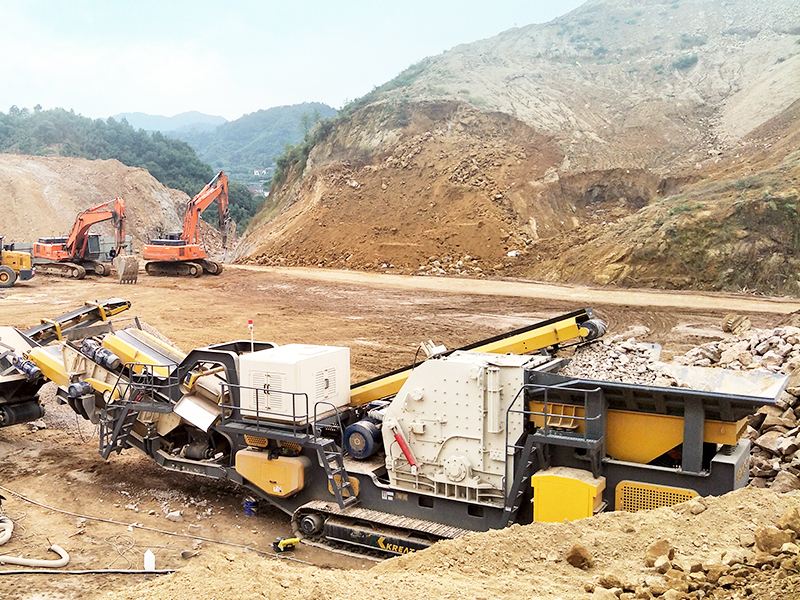
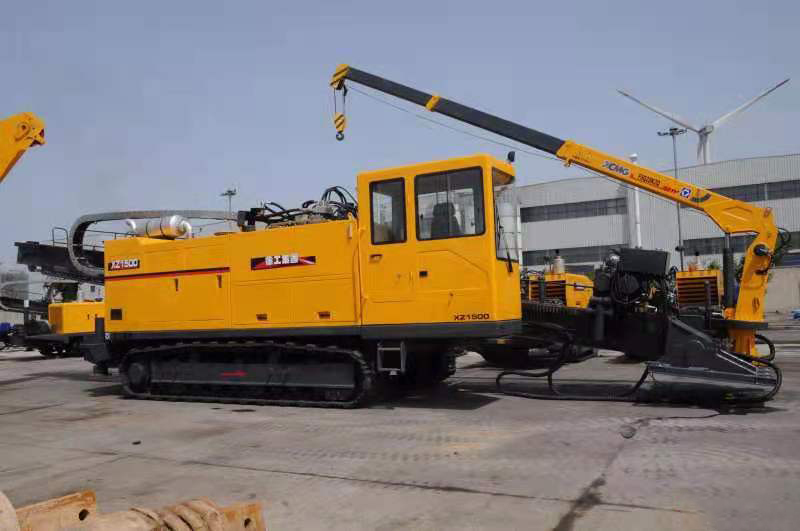
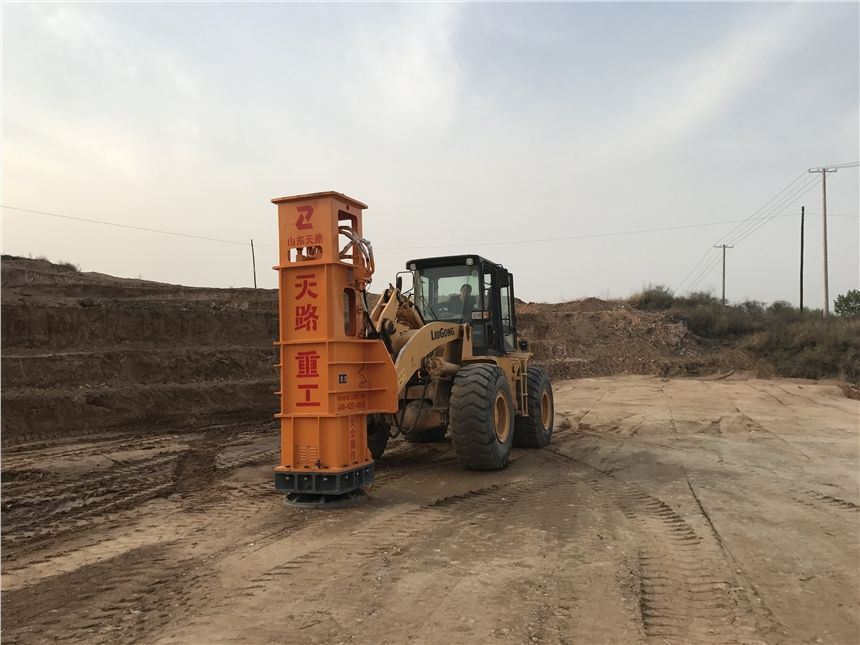

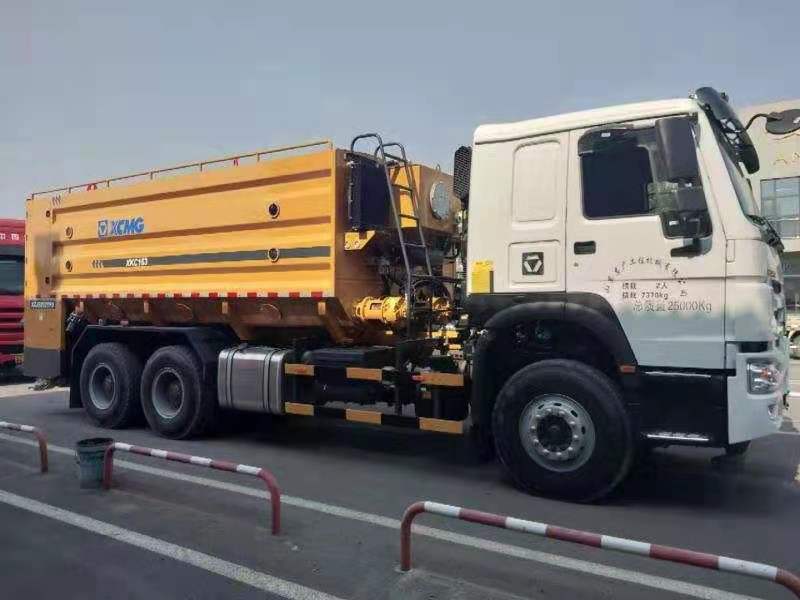
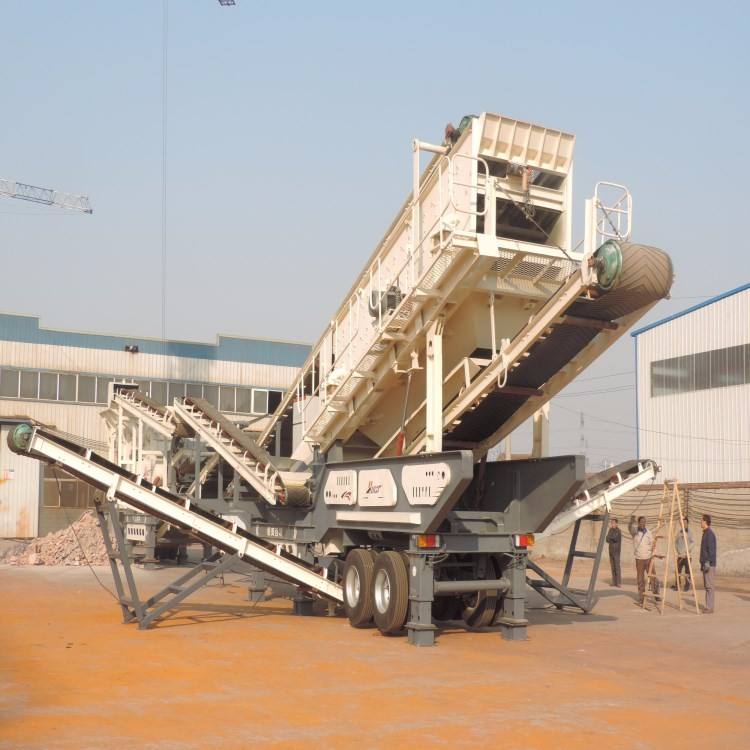

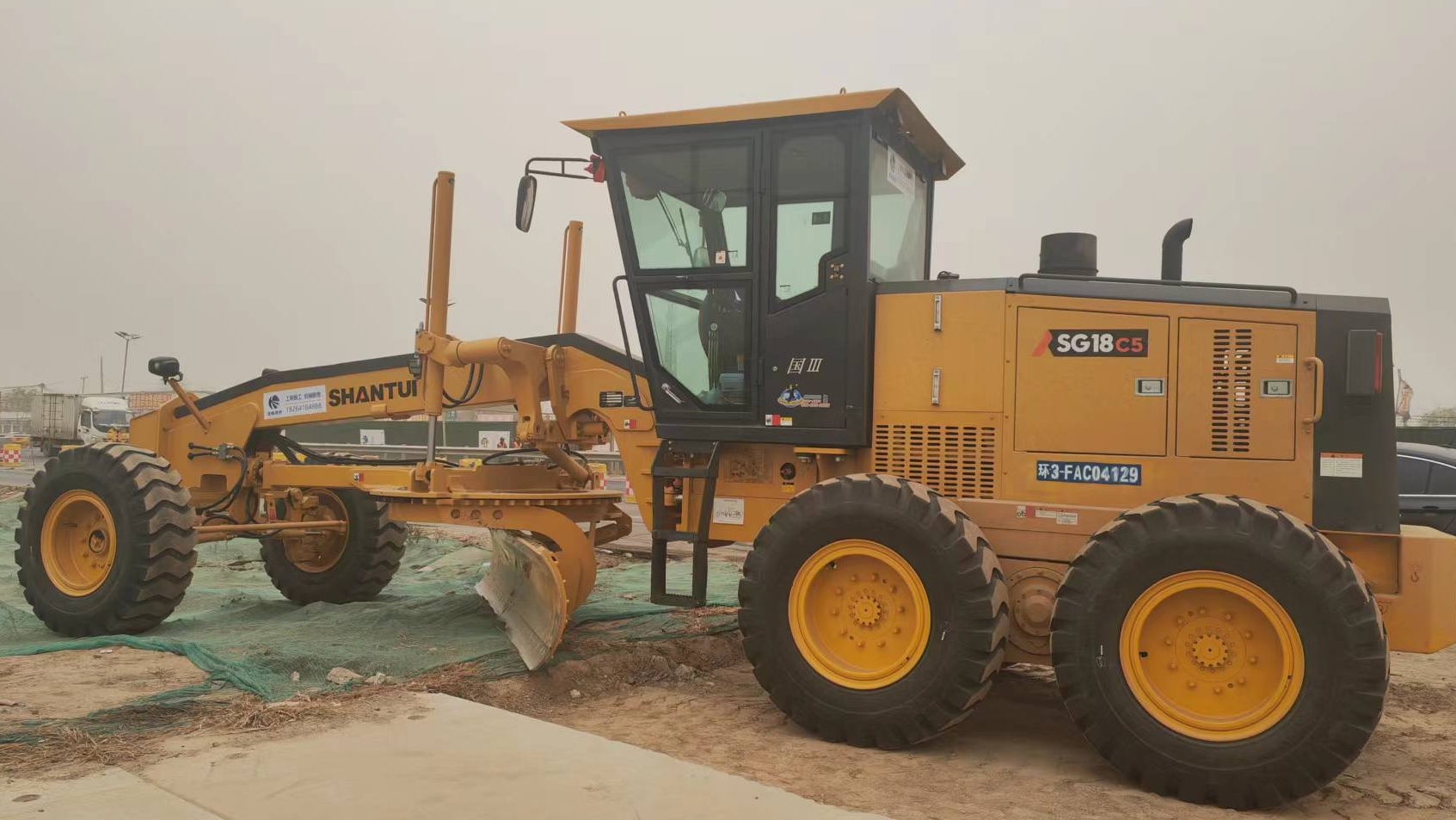
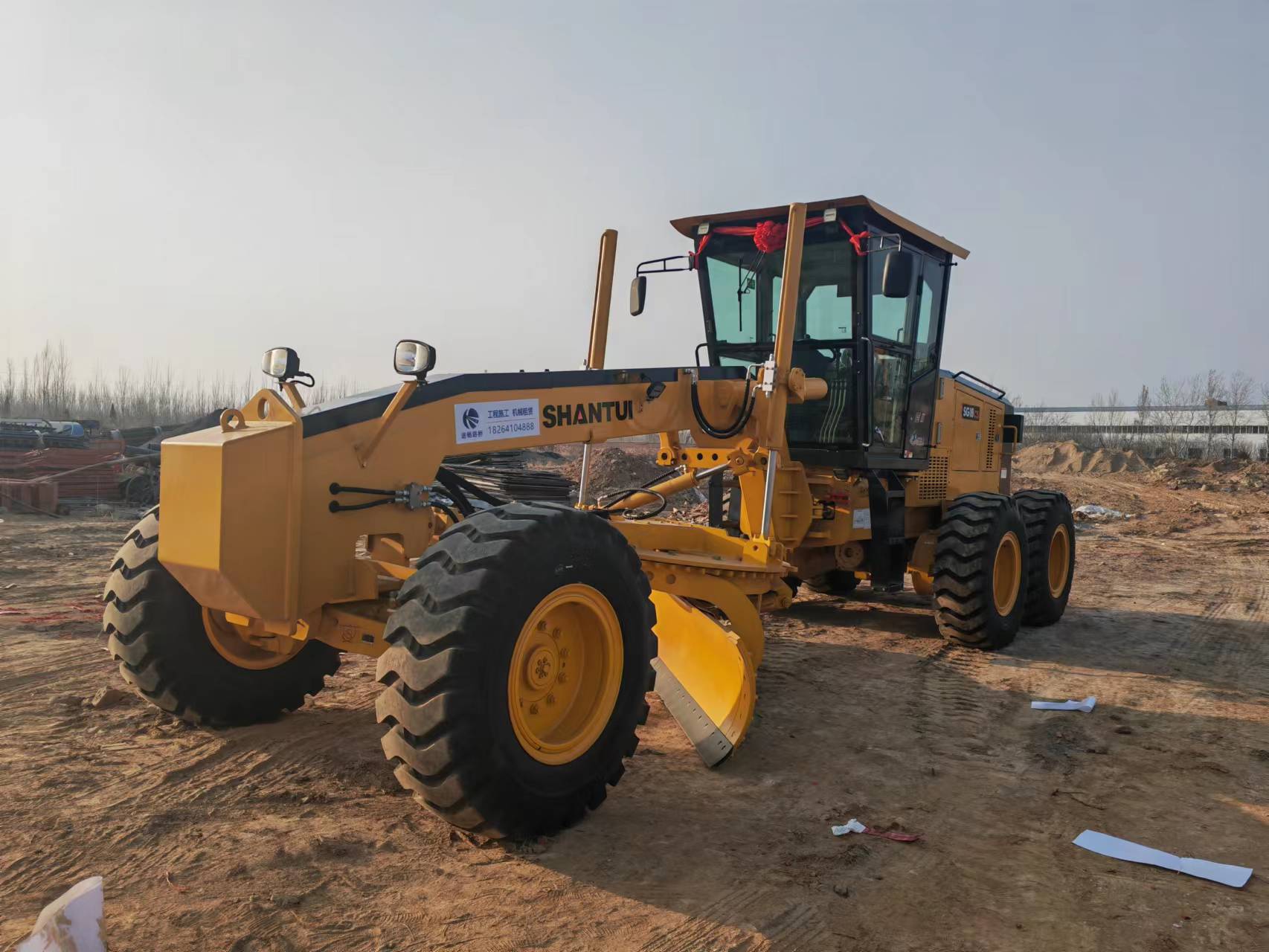
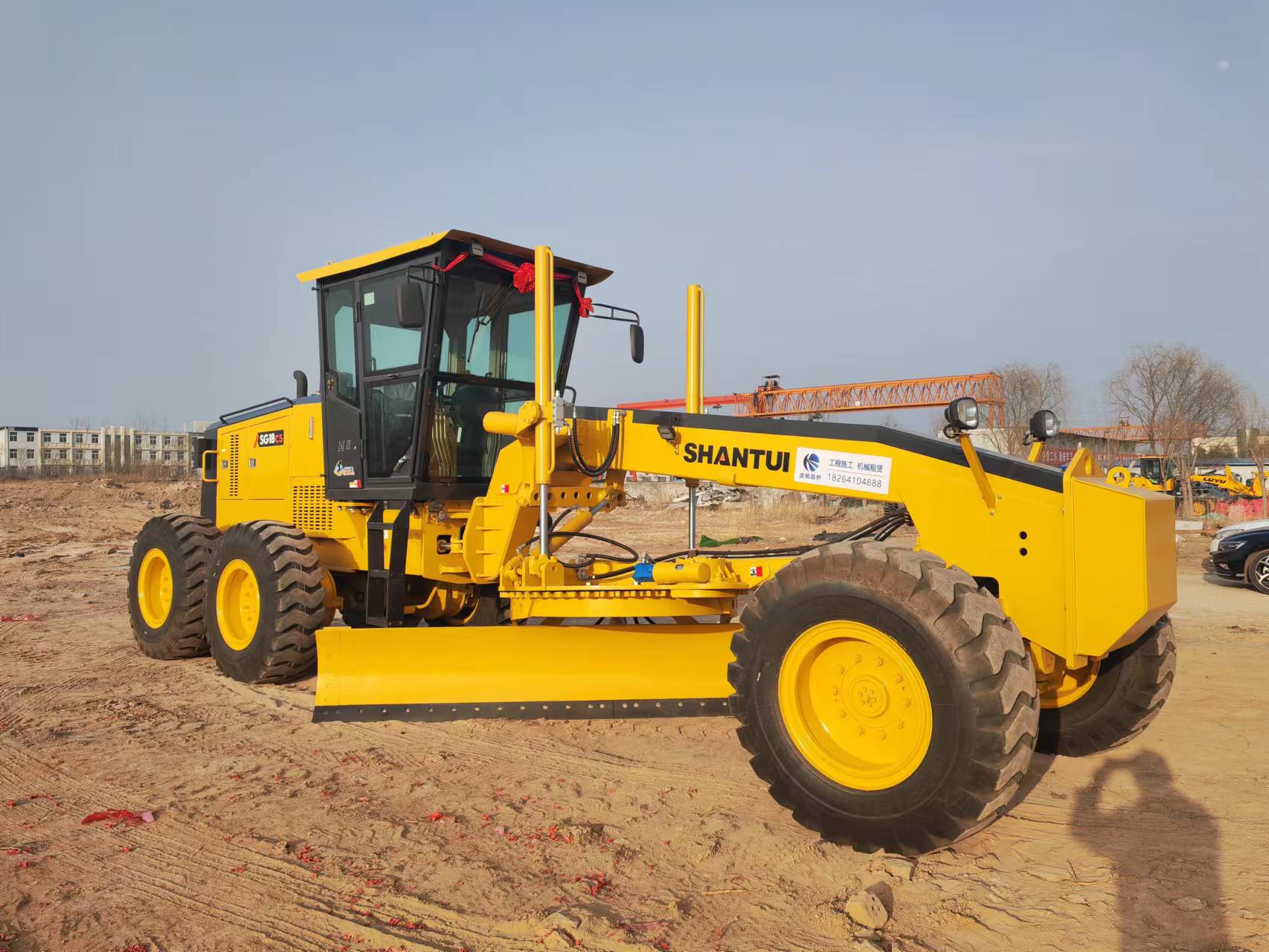
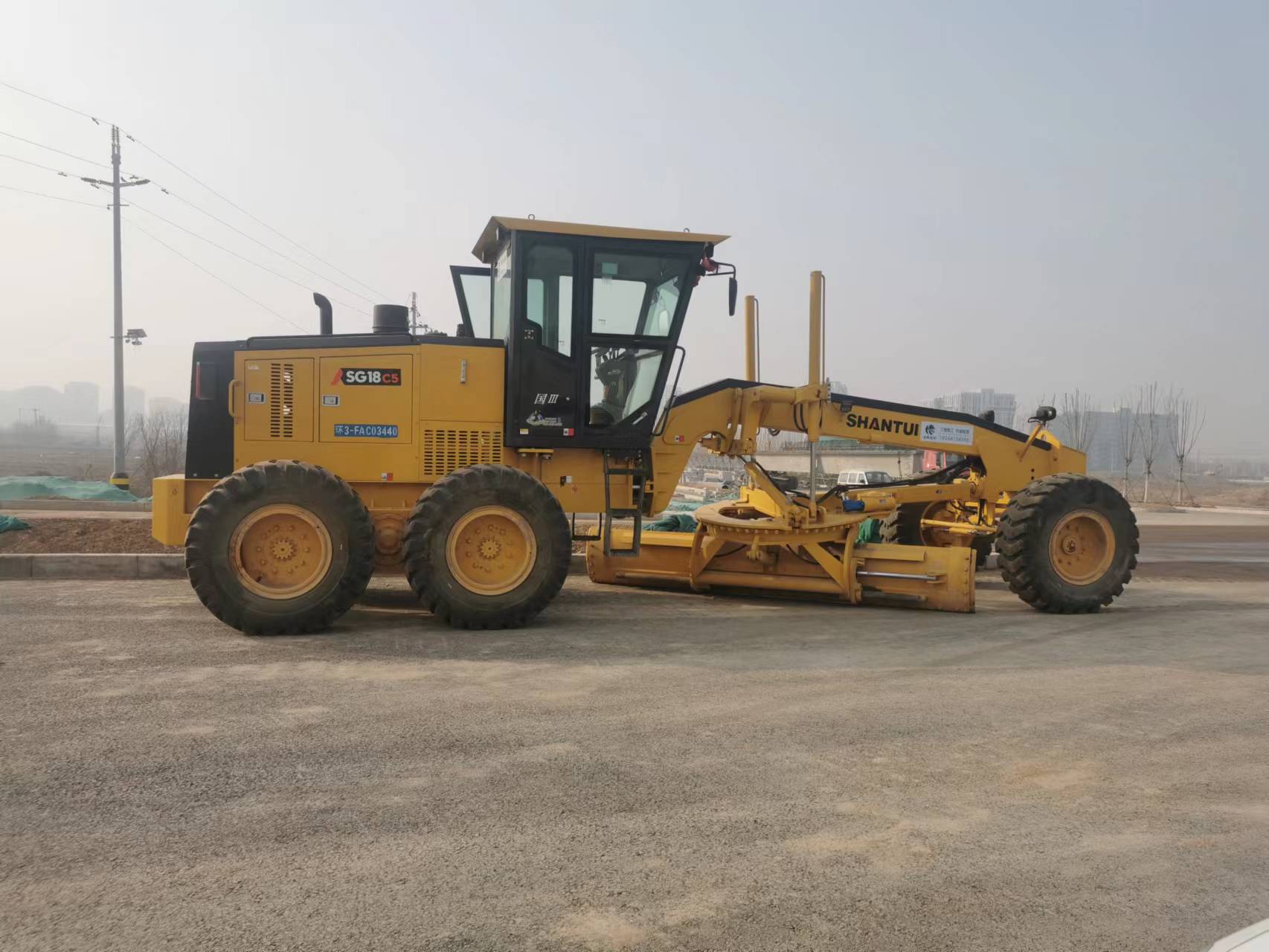
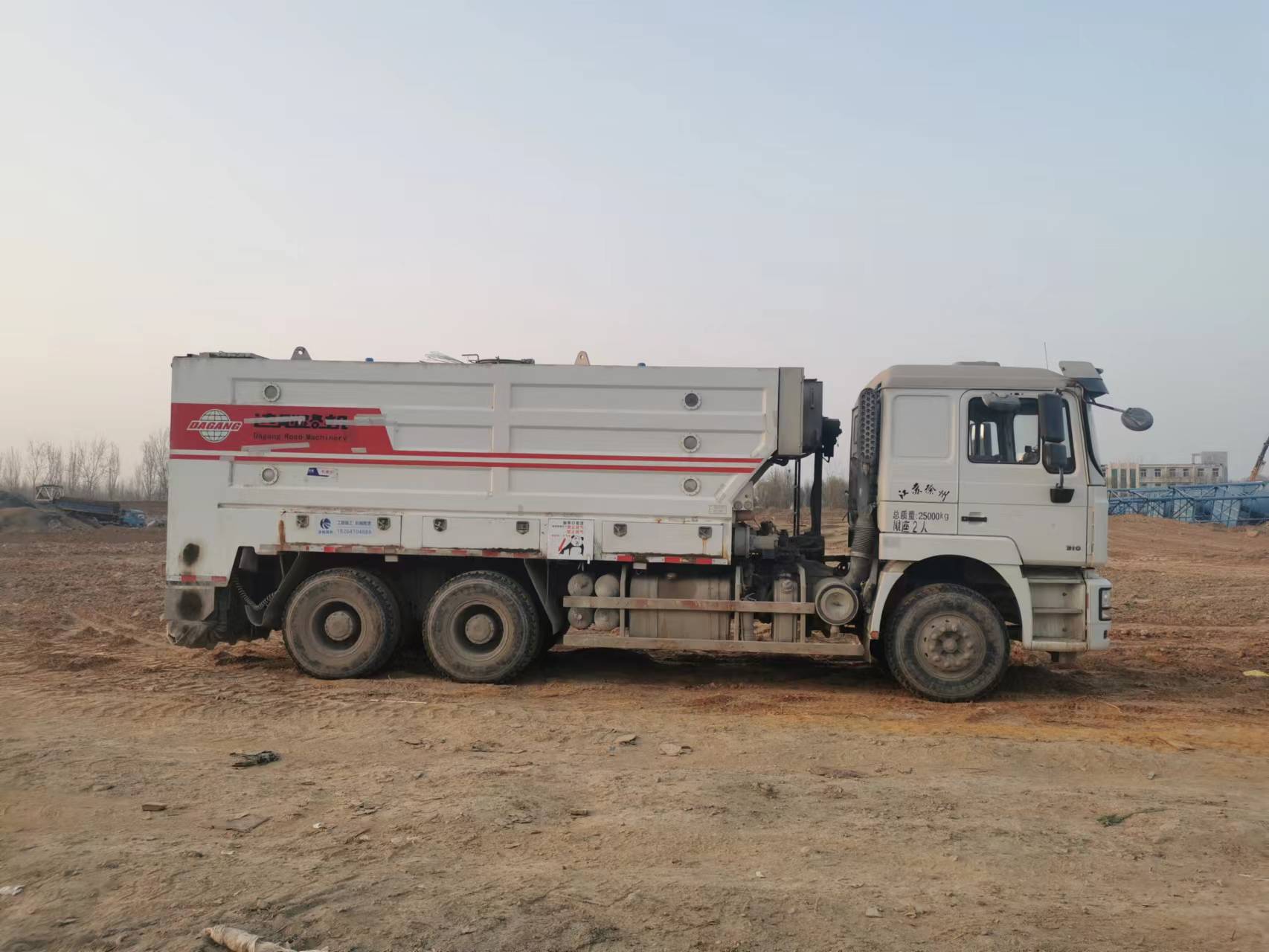
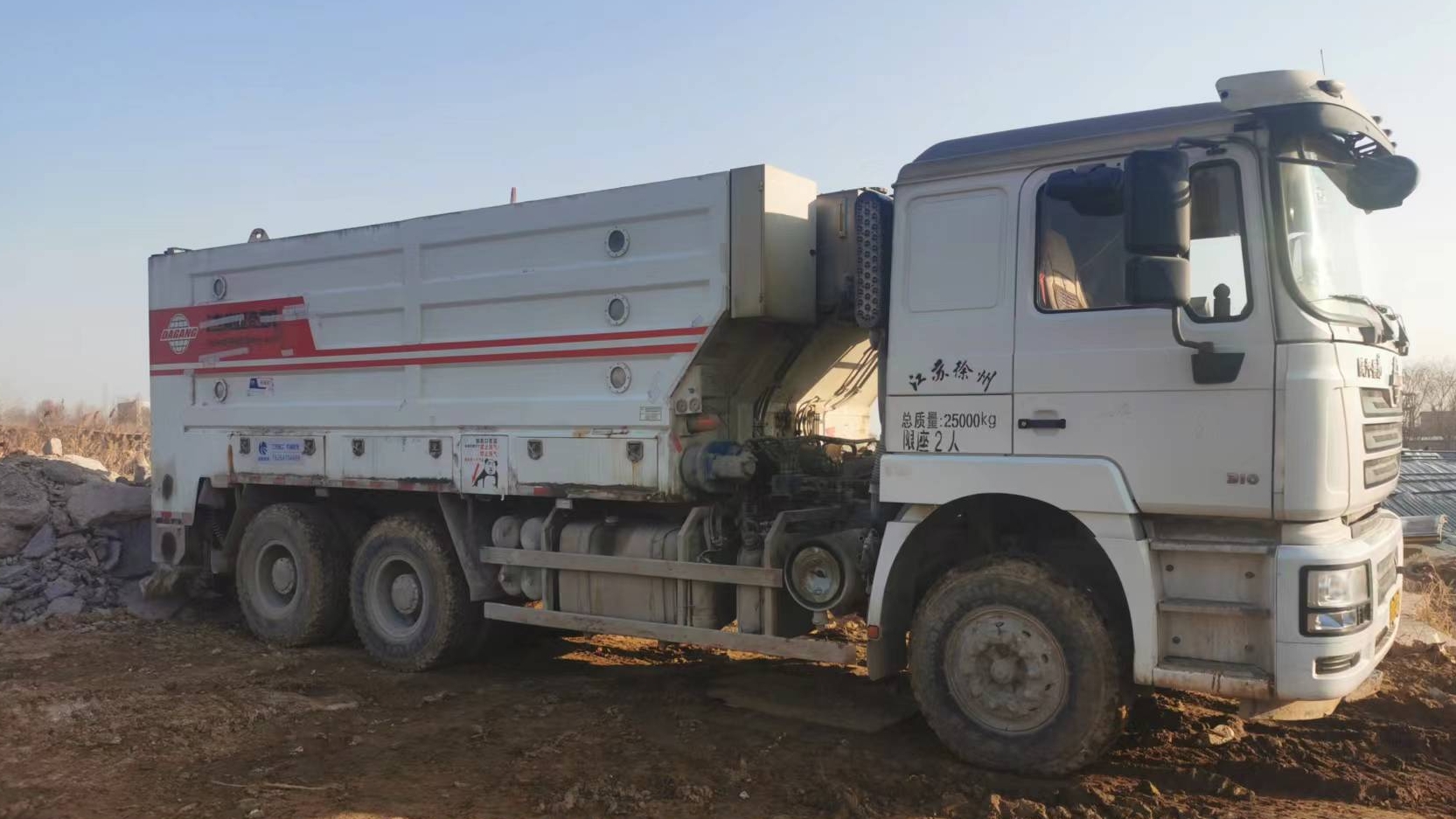
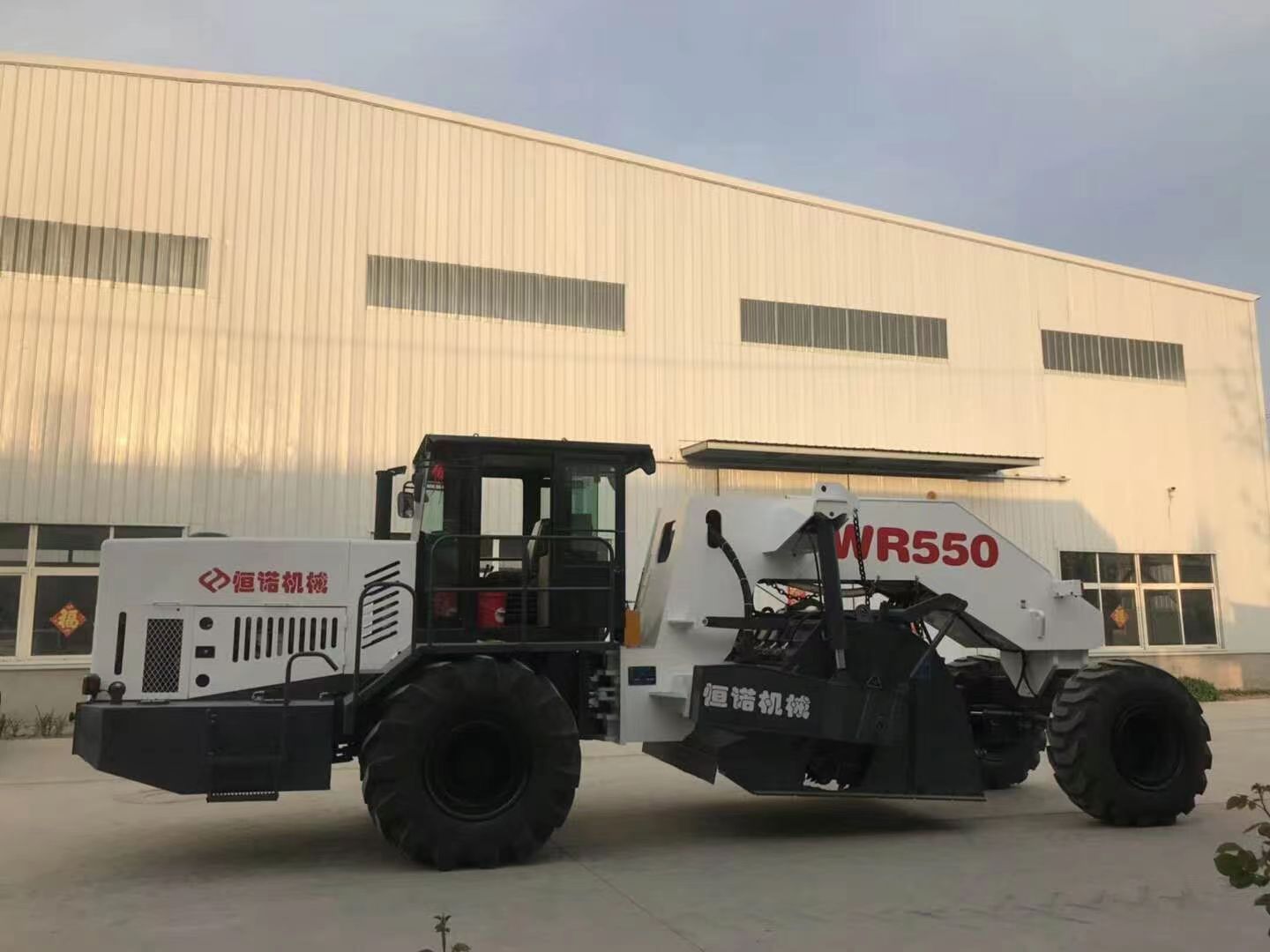

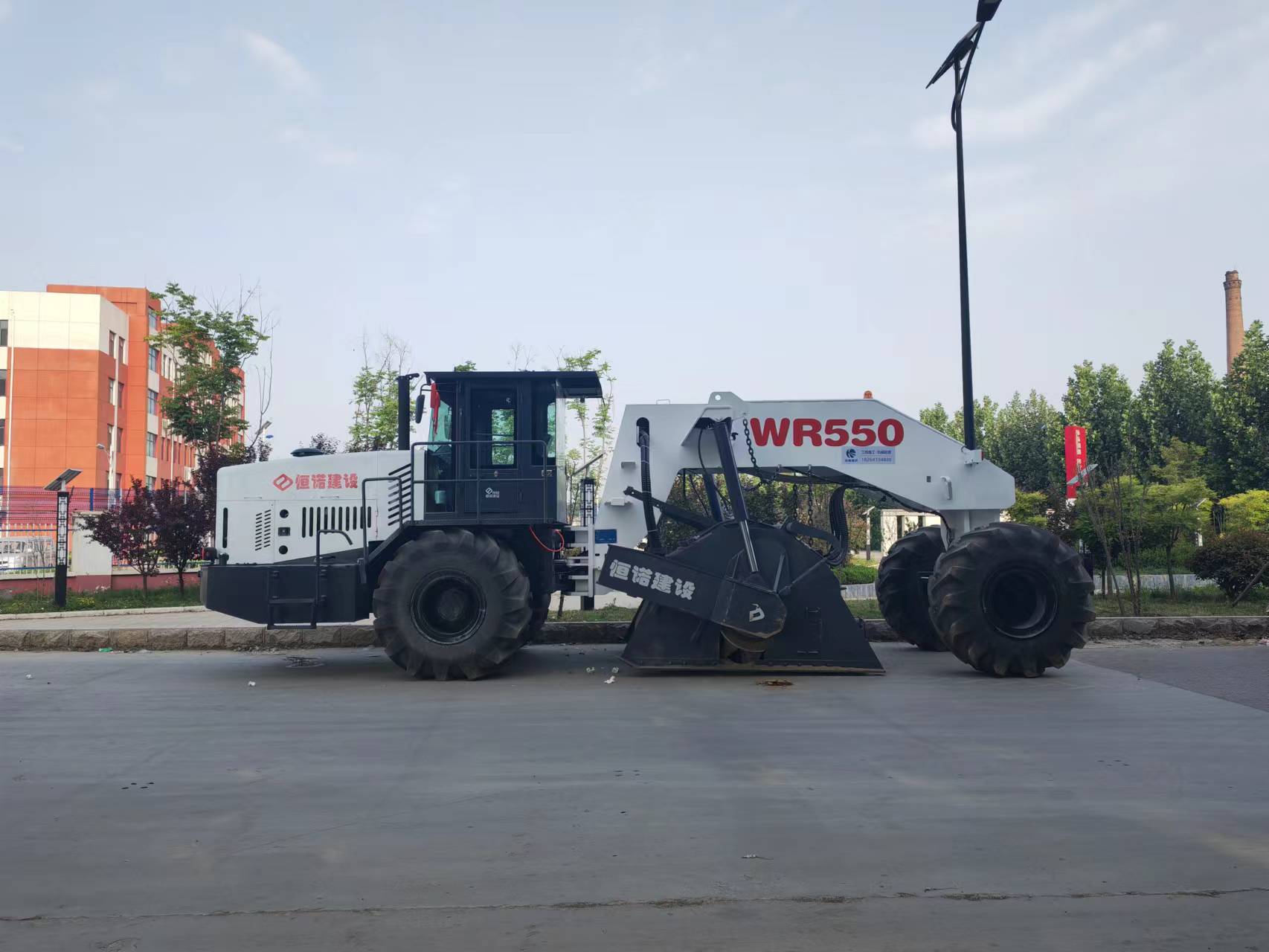
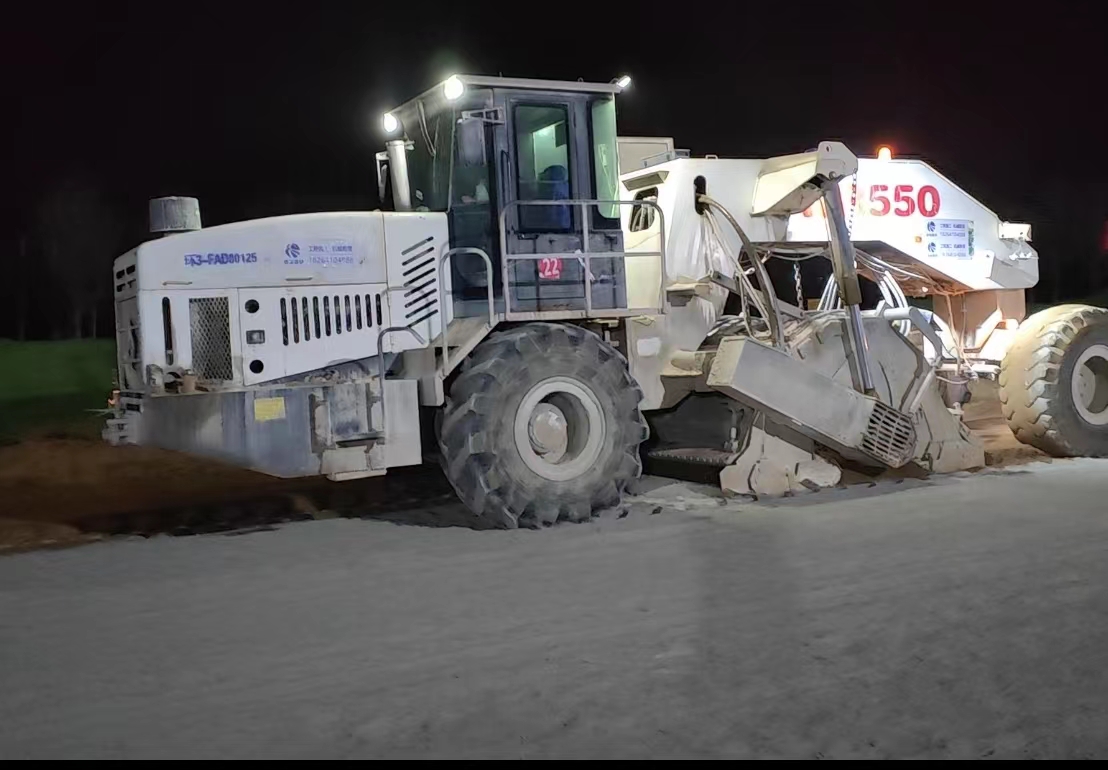
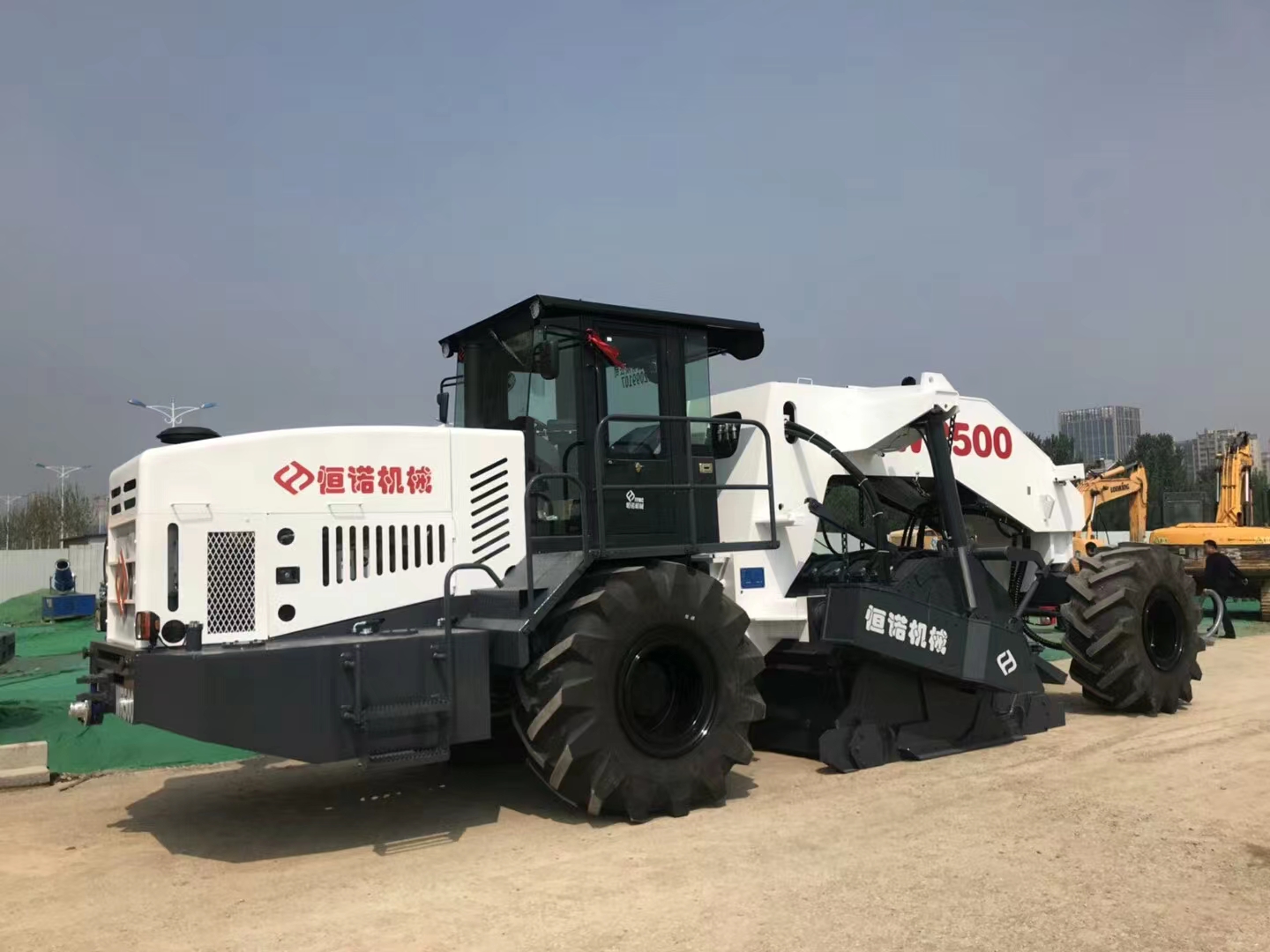
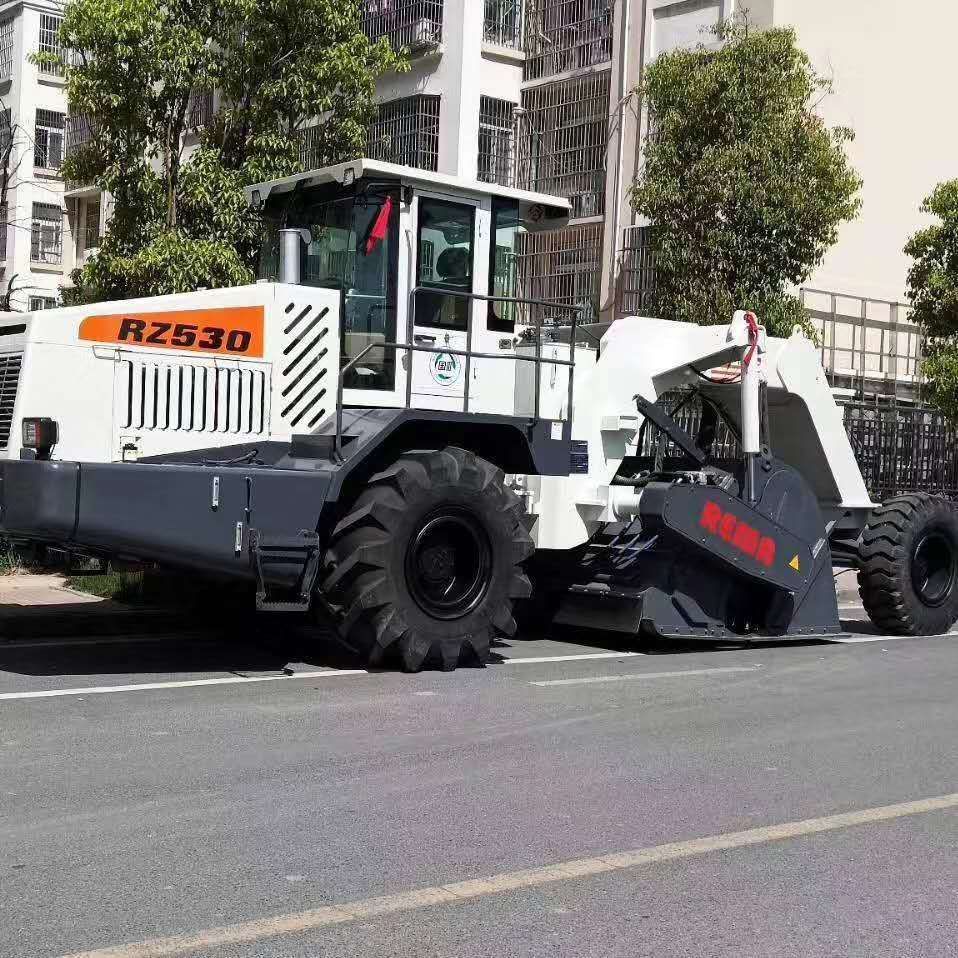
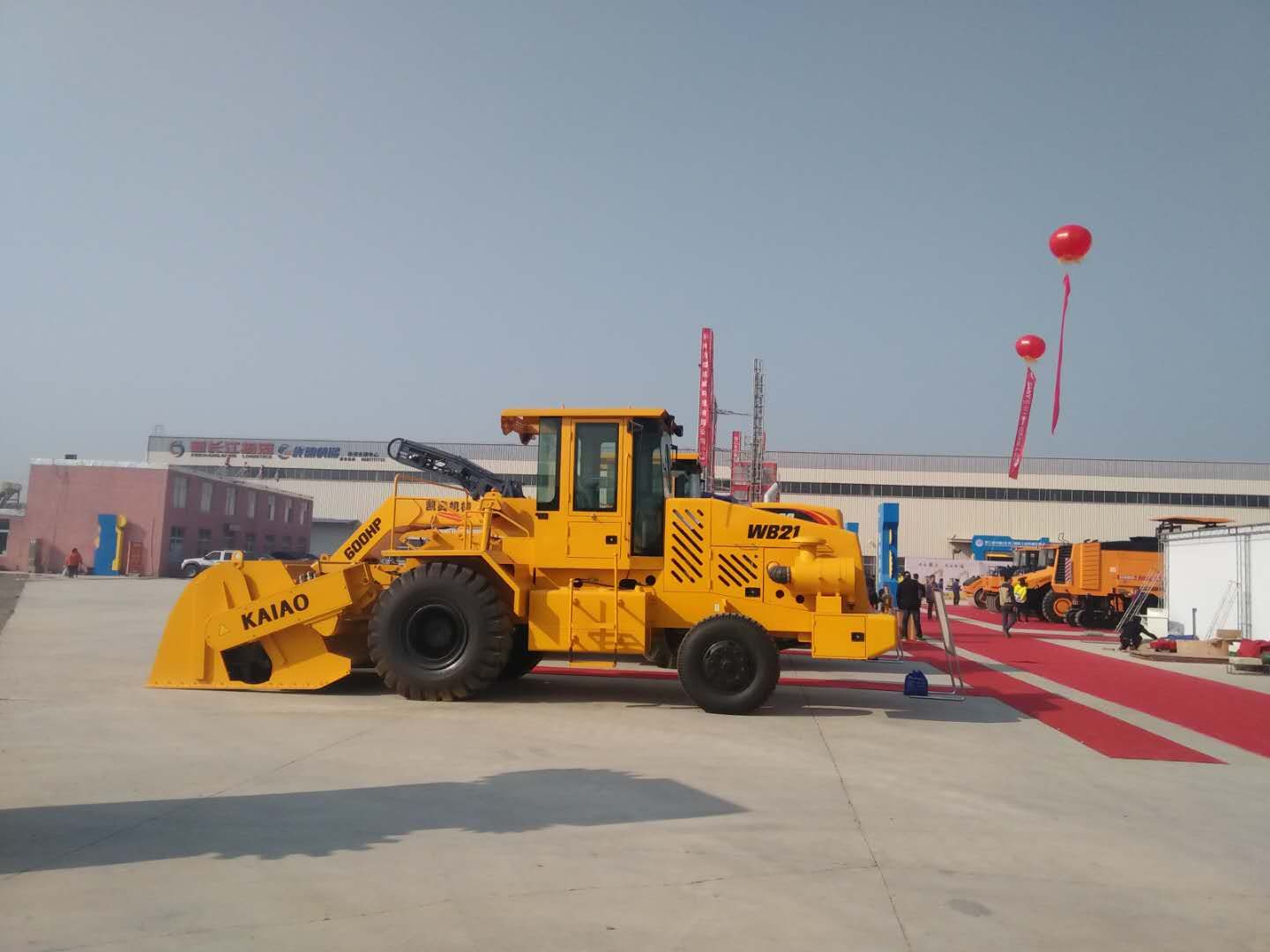
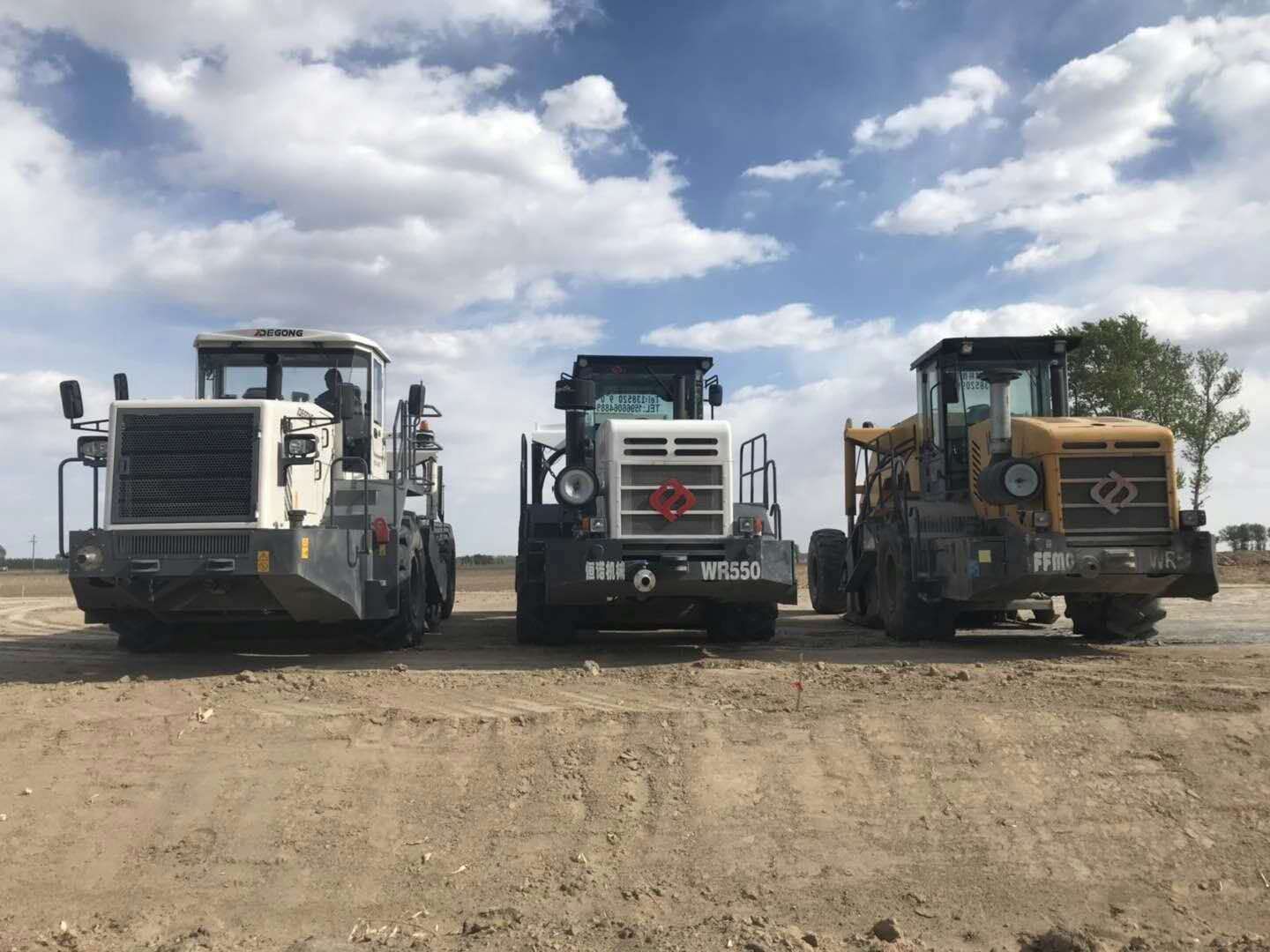
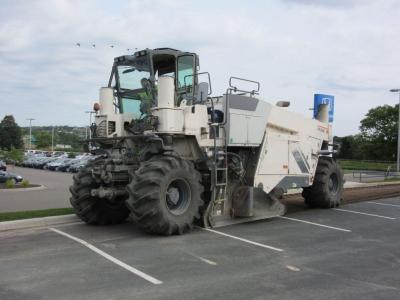
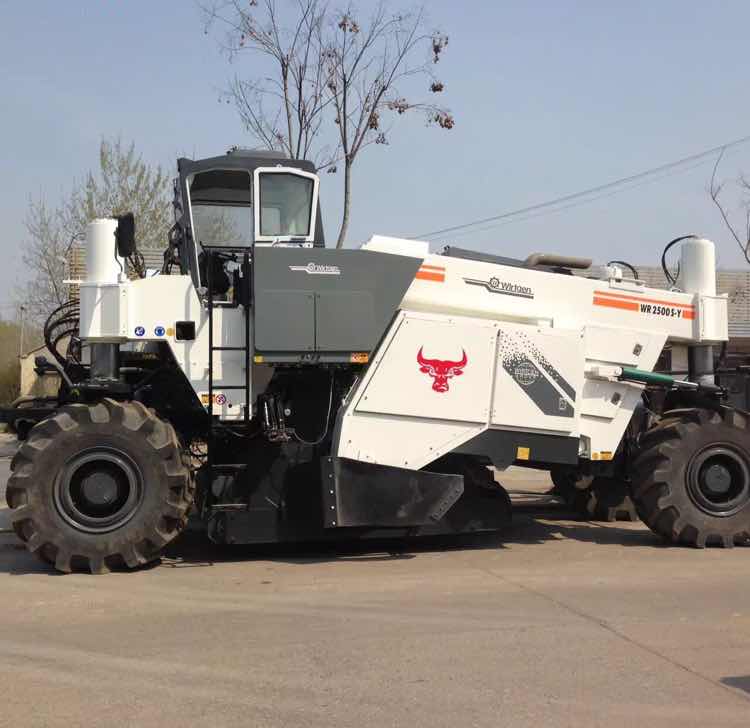
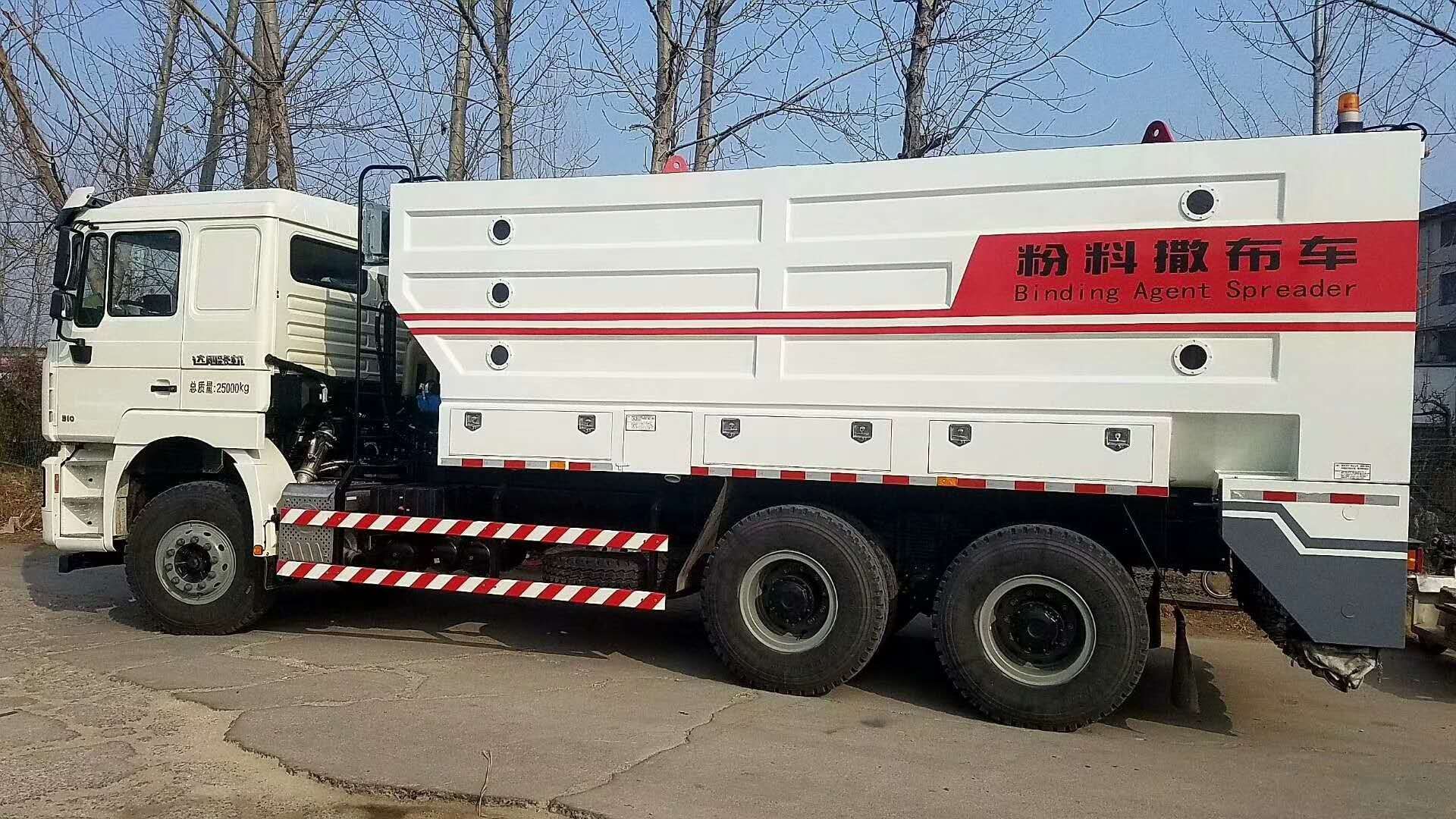
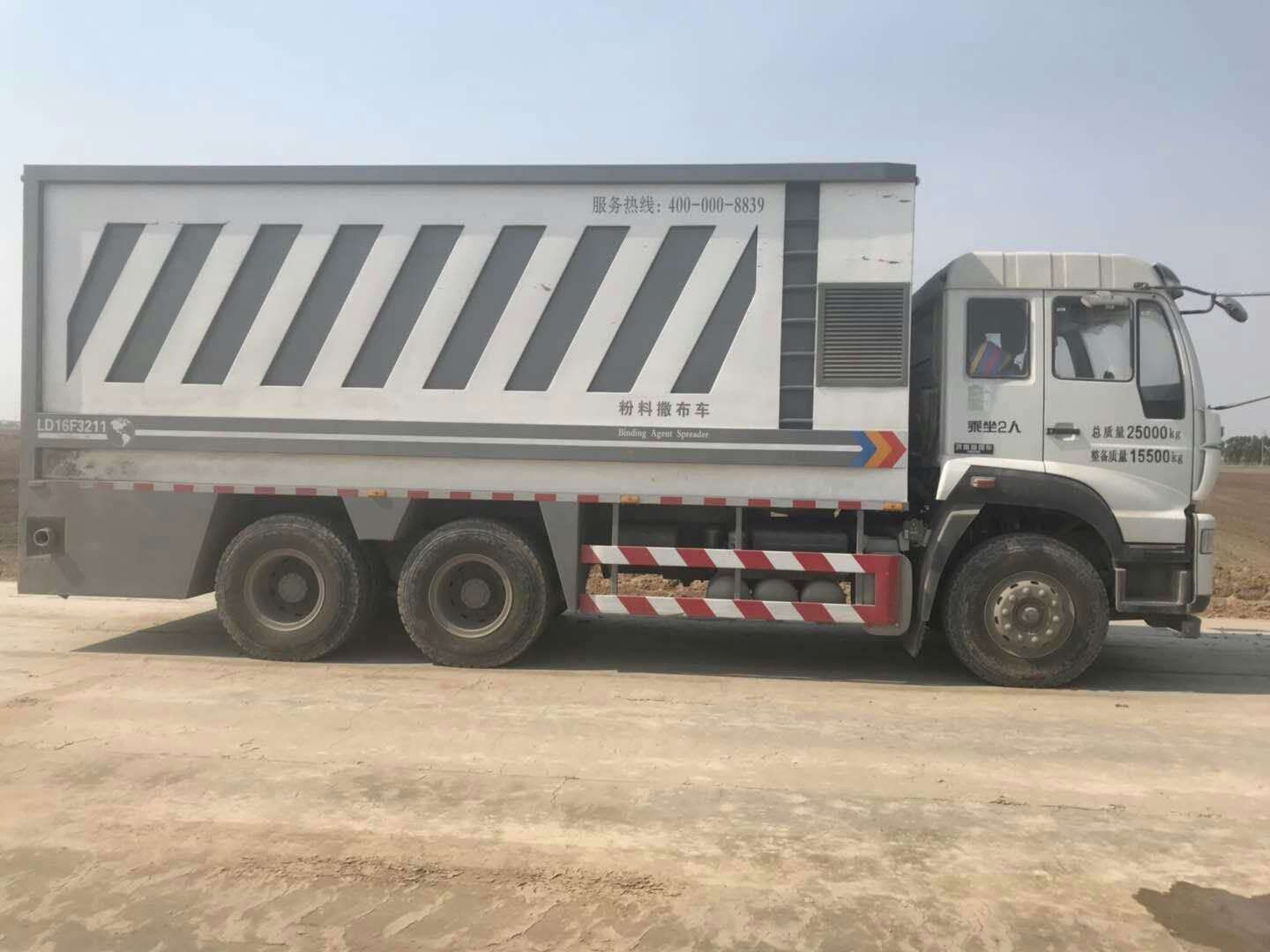
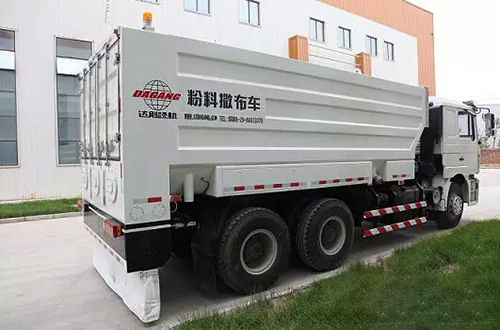
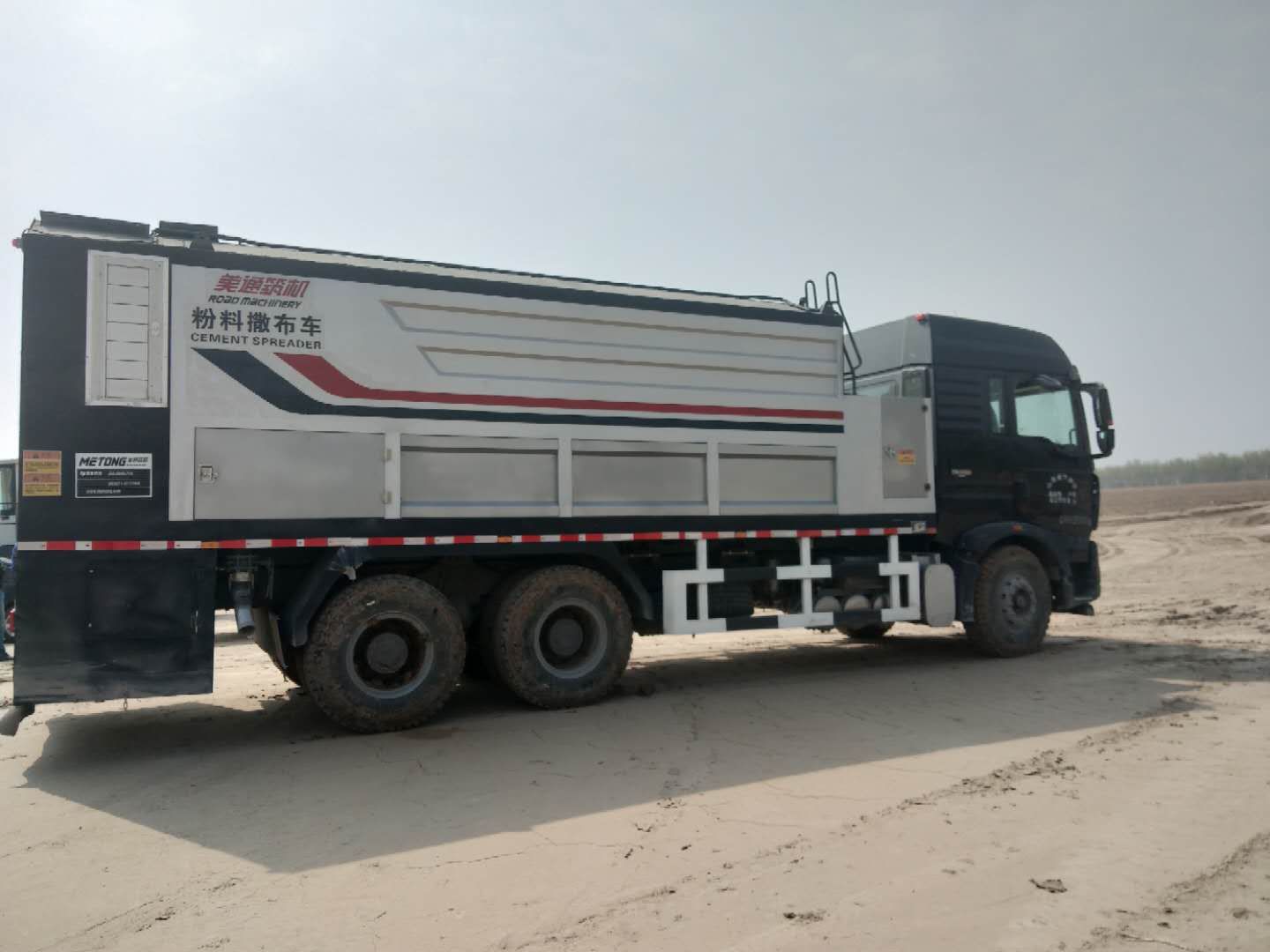
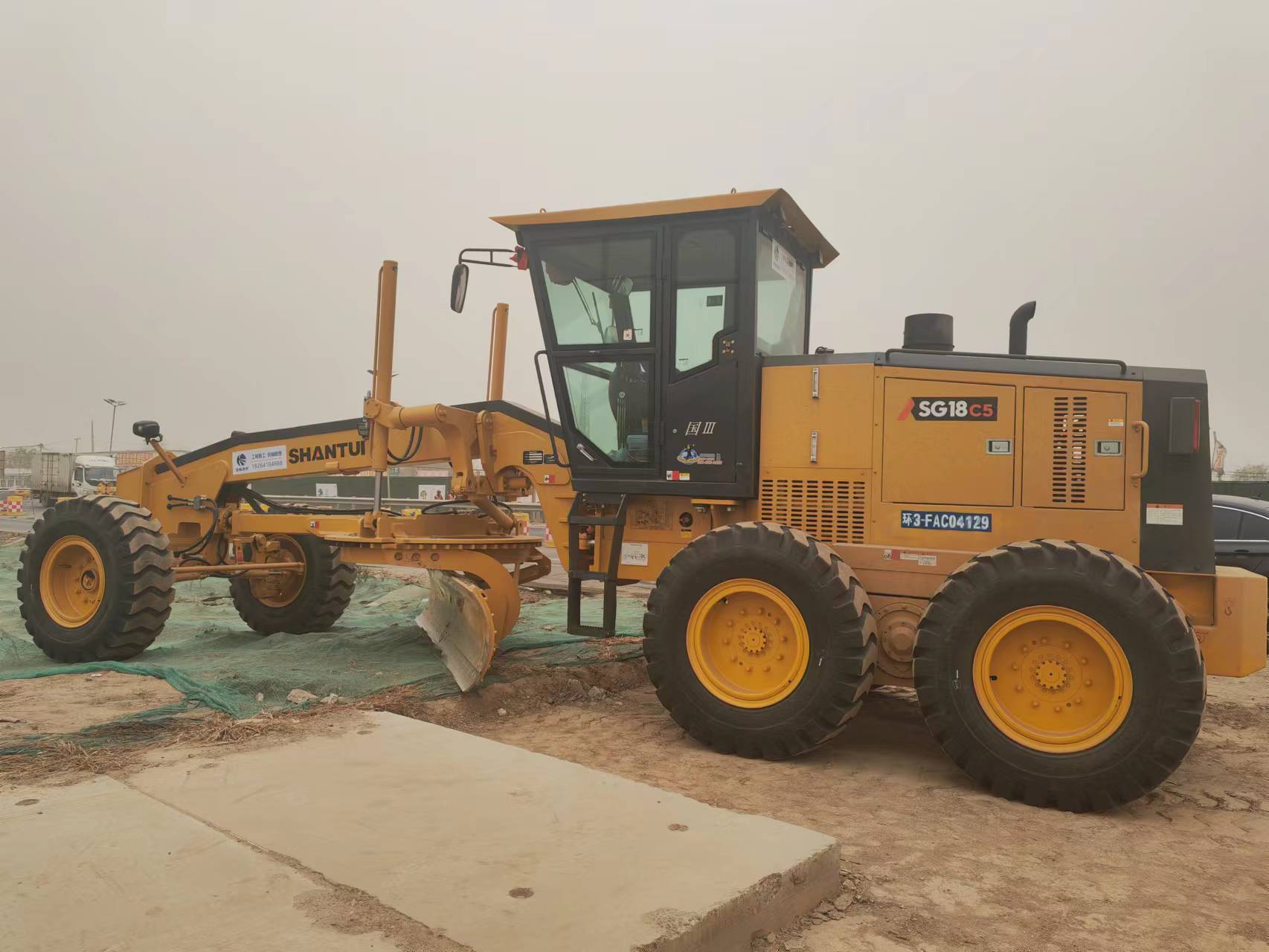




 公司地址:濟南市槐蔭區經一路273號群盛華城2號樓1-404
公司地址:濟南市槐蔭區經一路273號群盛華城2號樓1-404 公司名稱:山東途暢路橋工程有限公司
公司名稱:山東途暢路橋工程有限公司  備案號:
備案號: